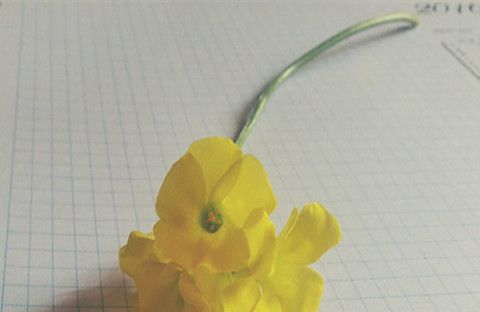将来完成时与将来进行时与一般将来时区别
|
将来完成时与将来进行时与一般将来时区别 将来完成时 1) 构成will / shall + have + p.p. 2) 概念 a. 状态完成:表示某事继续到将来某一时为止一直有的状态。 b. 动作完成:表示将来某一时或另一个将来的动作之前,已经完成 的动作或已获得的经验。 将来完成时用来表示在将来某一时间以前已经完成或一直持续的动作。经常与before+将来时间或by+将来时间连用,也可与before或by the time引导的现在时的从句连用。如: He will have gained his pilot's license before his next birthday . 他下个生日前会拿到飞行证的。 You will have received an invitation to the wedding as well . 你肯定会收到参加婚宴的邀请的。 They will have been married for 20 years by then. You will have reached Shanghai by this time tomorrow. 将来进行时 1) 概念:表示将来某时进行的状态或动作,或按预测将来会发生的事情。 She'll be coming soon. I'll be meeting him sometime in the future. 注意:将来进行时不用于表示"意志",不能说 I'll be having a talk with her.
2)常用的时间状语 Soon, tomorrow, this evening,on Sunday, by this timetomorrow, in two days, tomorrow evening By this time tomorrow, I'll be lying on the beach.
一般将来时 1) shall用于第一人称,常被will 所代替。 will 在陈述句中用于各人称,在争求意见时常用于第二人称。 Which paragraph shall I read first. Will you be at home at seven this evening? 2) be going to +不定式,表示将来。 a. 主语的意图,即将做某事。 What are you going to do tomorrow? b. 计划,安排要发生的事。 The play is going to be produced next month。 c. 有迹象要发生的事 Look at the dark clouds, there is going to be a storm. 3) be +不定式表将来,按计划或正式安排将发生的事。 We are to discuss the report next Saturday. , 4) be about to +不定式,意为马上做某事。 He is about to leave for Beijing. 注意:be about to 不能与tomorrow, next week 等表示明确将来时的时间状语连用。 |









